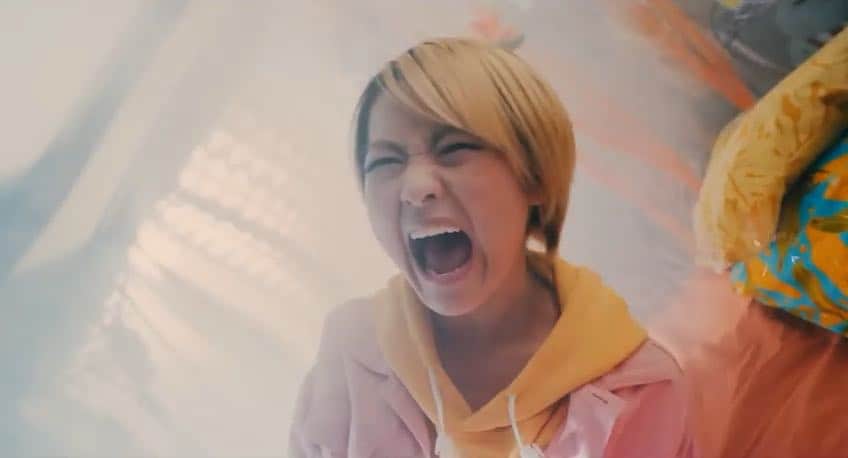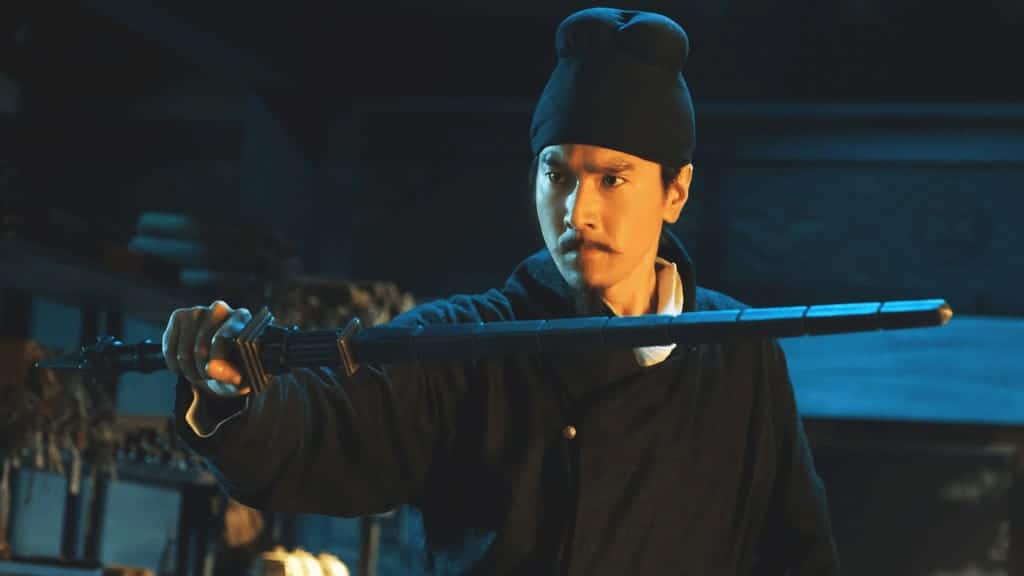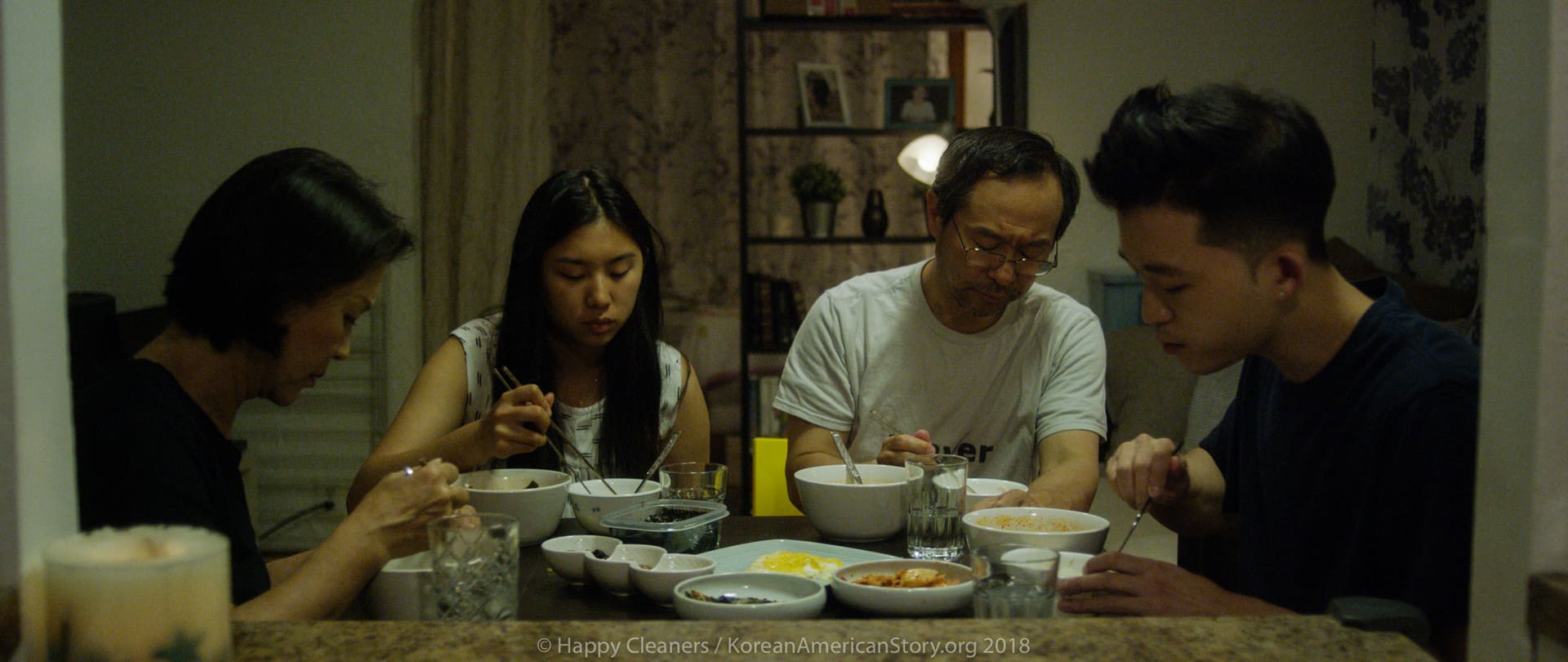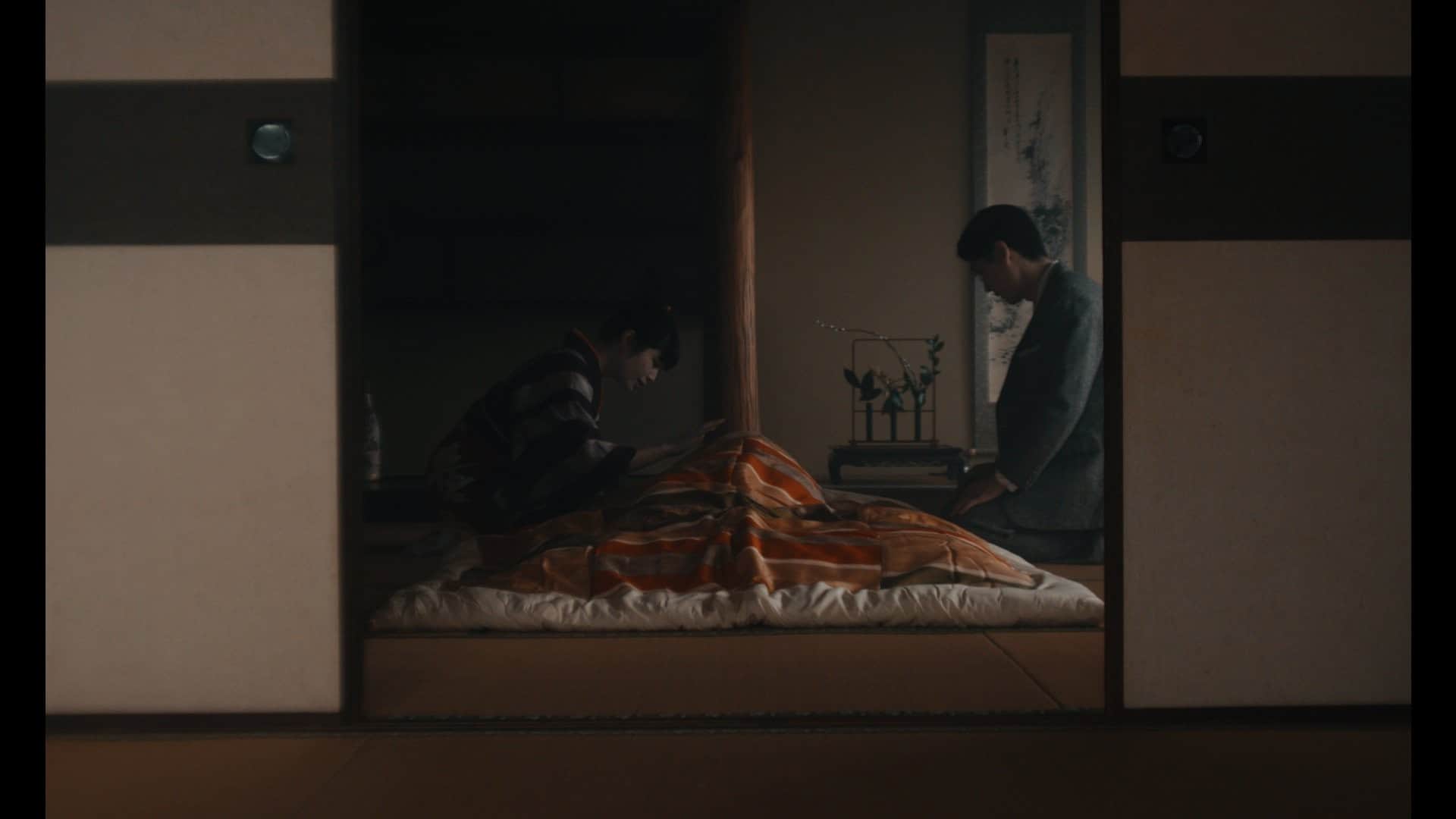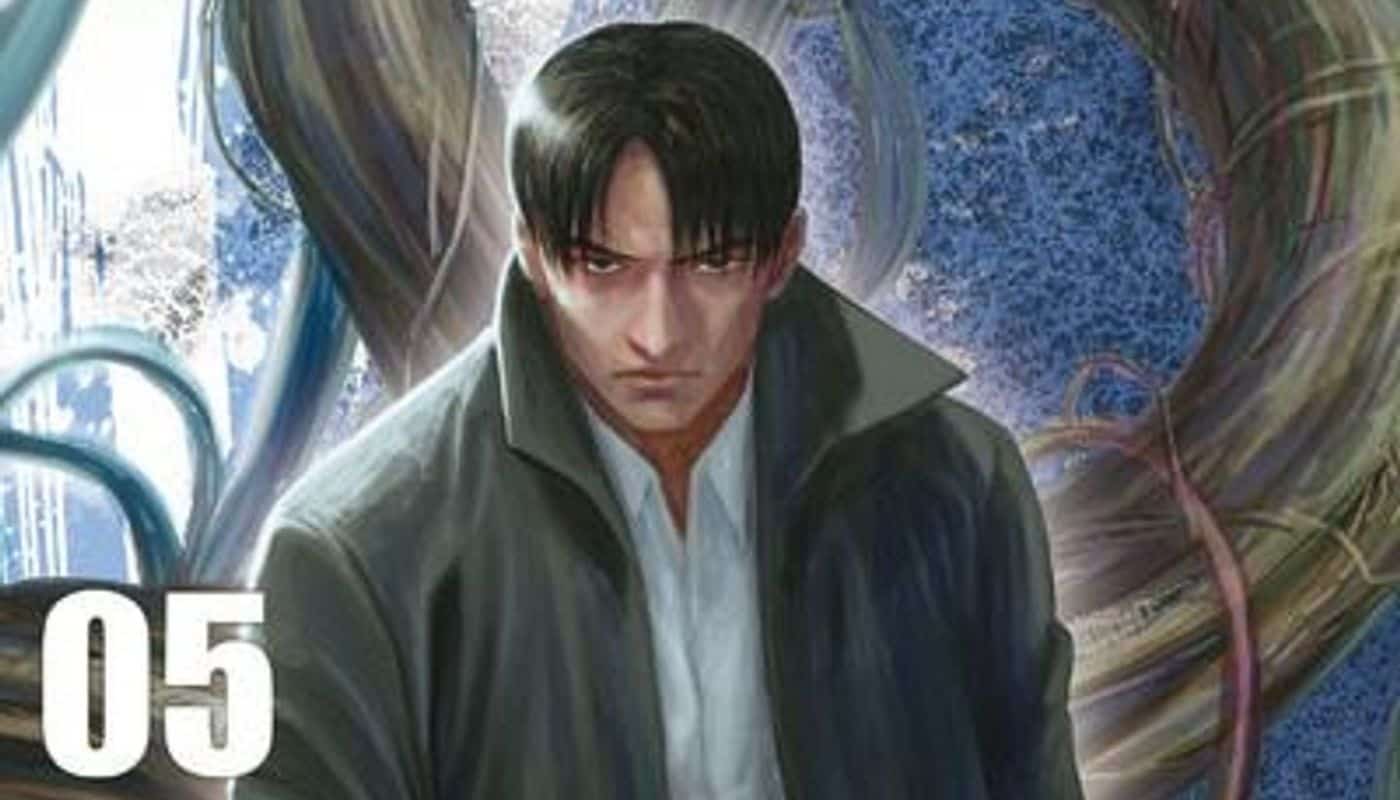“Life is color.”
Ever since the 1979 Islamic revolution in Iran resulting in a drastic change in the country as a whole, its relationship to the world has always been troublesome to say the least. Leaving the political debates aside for a moment, its views on religious issues, women and culture have led to some rather schizophrenic works, for example, in the world of film. While directors such as Asghar Farhadi (“About Elly”) create works of social criticism, showing the state not as the antagonist of the story, but more like a silent, omnipresent entity influencing the lives of people, others have been censored and even put under house arrest. In his documentary “This Is Not a Film” (2011), Jafar Panahi shows how he deals with the ban of his films in his home country, the fears he and his family have to go through as an excruciating search for answers in an environment which rewards conformism while punishing those other voices.
Buy This Title
His colleague, Mohsen Makhmalbaf, must have similar experiences to share, as his work has also been under close observations by the Iranian institutions. Before he eventually left his home country with his family, many of his films had been banned in Iran and he had been openly attacked or even threatened. His thirteenth feature, “Gabbeh” (1997), is no exception as it had been banned for being “subversive” and criticized for its presentation of Sufism, a mystical form of Islam. Originally planned as a documentary on nomad tribes and their practice of weaving rugs (gabbehs) as part of their cultural consciousness, Makhmalbaf found himself fascinated by these people and the landscape surrounding him. Eventually the stories they told in these gabbehs and the nature around him inspired him to instead make a feature film, which is now considered to be the first entry into what would be the director's “poetic trilogy”.
The story takes place when an elderly couple (Hossein Moharami, Rogheih Moharami) discuss about cleaning the beautiful gabbeh in a small pond outside their house, somewhere in the rural side of Iran. As they begin to quarrel about their duties, housework and other topics, a young woman (Shaghayegh Jodat) appears, whose story, as she quickly explains, is woven into the rug. Finding themselves both attracted and fascinated by the young woman who calls herself Gabbeh, she begins telling them about her family, how she grew up and her longing for her lover, a man she is unable to reach due to her family tradition.
For a Western viewer, it will certainly be quite the experience going into the films of the “poetic trilogy” for the first time. Much like the works of Abbas Kiarostami or Russian director Sergei Parajanov (“The Color of Pomegranates”), the sheer extent of the vision starting from a minimal setting becomes soon evident as the camera looms over the multi-faceted nature. As the first image shows the gabbeh in a river driven forward by its current, the films finds its central metaphor, as well as the key to its narrative.
Ultimately, “Gabbeh” is a story constantly in flux, bending time and various levels of the story as well as the way the characters themselves can be viewed. While many have, as Neil Macfarquhar writes, claimed the film is a story about the oppression of women, the scale of the Makhbalmaf's narrative is much higher and more universal. Time, color, fates and landscapes change, interconnect and form a beguiling stream in which these aspects can be bent as the limits of one's fantasy and passion are the true deciding factors in these people's lives.

“Gabbeh” is nothing less but a modern fairy tale, about the nature of love, of fantasy and the power of storytelling itself. As poems and songs are the central way of communication, the film becomes an enchanting viewing experience for those with an open mind and heart, for the images Mohsen Makhmalbaf has created will satisfy both.
Sources:
1) Macfarquhar, Neil (1997) An Unlikely Auteur From Iran
www.nytimes.com/1997/06/08/movies/an-unlikely-auteur-from-iran.html, last accessed on: 12/10/2018
2) Makhmalbaf, Mohsen (2018) A Poetic Trilogy in Color
3) Mottahedeh, Negar (2018) A Force of Nature: Mohsen Makhmalbaf's Poetic Trilogy




